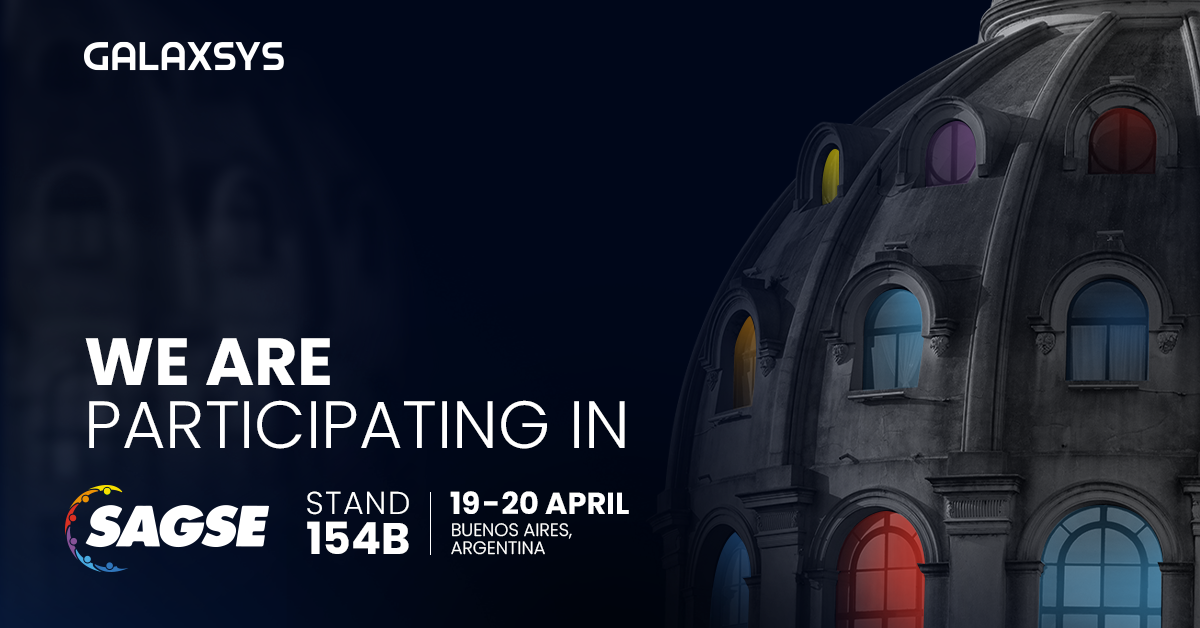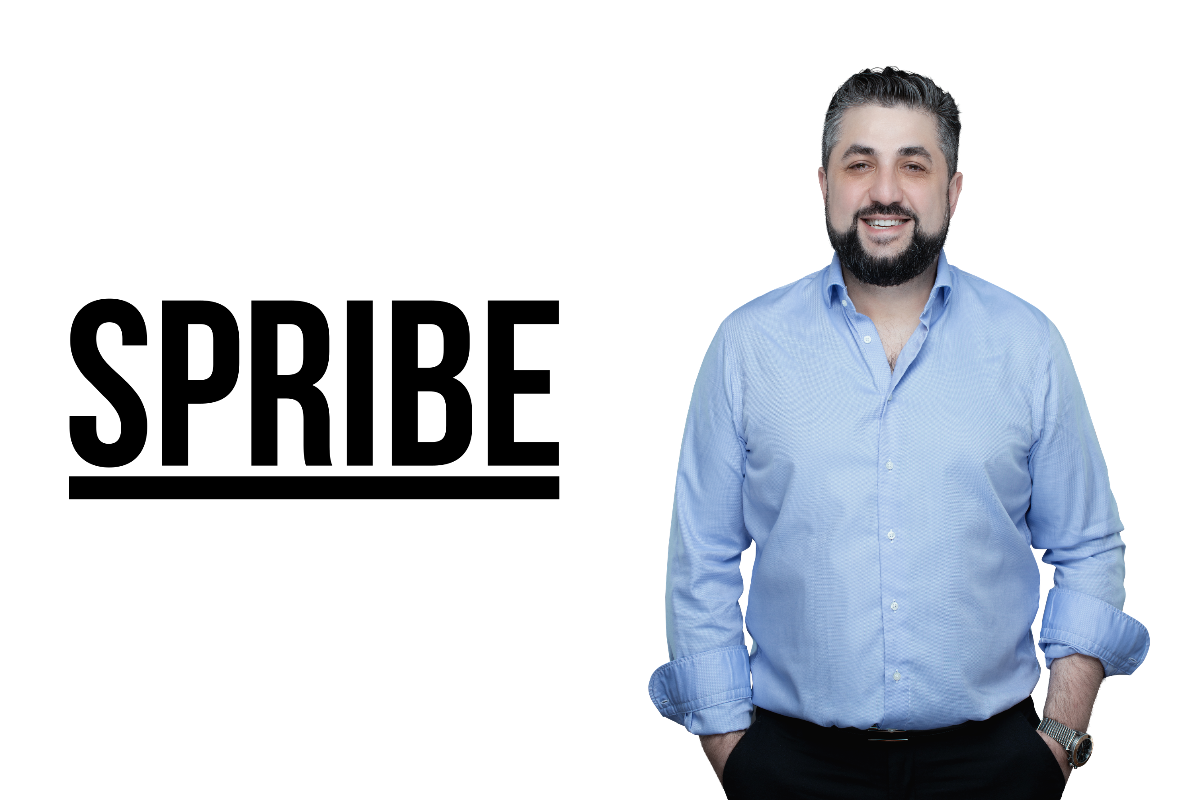
NASEF Takes the Helm of United States Esports Federation (USEF)
NASEF is now leading the United States Esports Federation (USEF) and will be taking U.S. gamers into the worldwide esports competition arena. The Board of Directors of the International Esports Federation (IESF) recently voted for NASEF to manage the United States Esports Federation. USEF, now a wholly owned subsidiary of NASEF, will strive to develop a competitive powerhouse with talented, hardworking, principled U.S. esports athletes.
“IESF has great confidence in NASEF as it takes charge of USEF and leads the way for U.S. athletes in our world esports (WE) competitions. There is great potential in the United States to build highly competitive esports teams and generate excitement for worldwide events. NASEF is poised to apply its principles and experience to spearhead growth and spirited engagement in the competitive arena,” Vlad Marinescu, President of IESF, said.
NASEF History
NASEF’s high standards and core philosophies are a key foundation as it oversees competitive events for esports professionals. These athletes will compete for titles and earn prize money by representing the United States in the World Esports Championships and other worldwide events in 2023 and beyond.
In the past year, as IESF’s worldwide education partner, NASEF has provided significant value to member countries and leaders. Its model of building an esports ecosystem with varied career pathways built around a magnet of gamers and gameplay has become a core educational focus for many IESF member nations. NASEF continues its firm commitment to this model in K-12 schools. NASEF now will also shape the structure and implementation of United States professional esports as the exclusive pathway to IESF world championships. Elite gamers will have the opportunity to enter tournaments where winners will represent the United States of America and compete in worldwide title events.
NASEF Board Chair Todd Harris has been a leader in the games industry for decades, as founder and developer of popular video games and companies, a pioneer and architect of Atlanta’s scholastic esports movement, and currently co-founder of a video and event production company.
Harris said: “Global esports competition is thriving, and the U.S. should be well-represented. NASEF is thrilled to take the helm of USEF and foster positive growth and a winning spirit among competitive players.”
“NASEF has always focused on helping students build life and career skills through esports. For a select number of elite players, professional competition is their path to success. We’re excited to bring USEF into the NASEF family and have it serve as the pathway for U.S. players to compete around the world,” said Gerald Solomon, Executive Director of NASEF and now also serving as President of USEF.
Tournament Plans
NASEF assumes leadership of the USEF immediately, with Clint Kennedy as Managing Director. USEF plans to send teams to the upcoming IESF World Esports Championships in Romania in the following titles: Mobile Legends (MLBB), DOTA 2, Tekken 7, eFootball 2023, CS:GO (M), and CS:GO (F).
NASEF will be working with U.S. and global partners to strengthen USEF to be the proud platform for US esports athletes. NASEF will build strong ties with game developers and sponsors to ensure a solid foundation for personal, team, and federation growth, and to serve as a platform for U.S. esports athletes.










